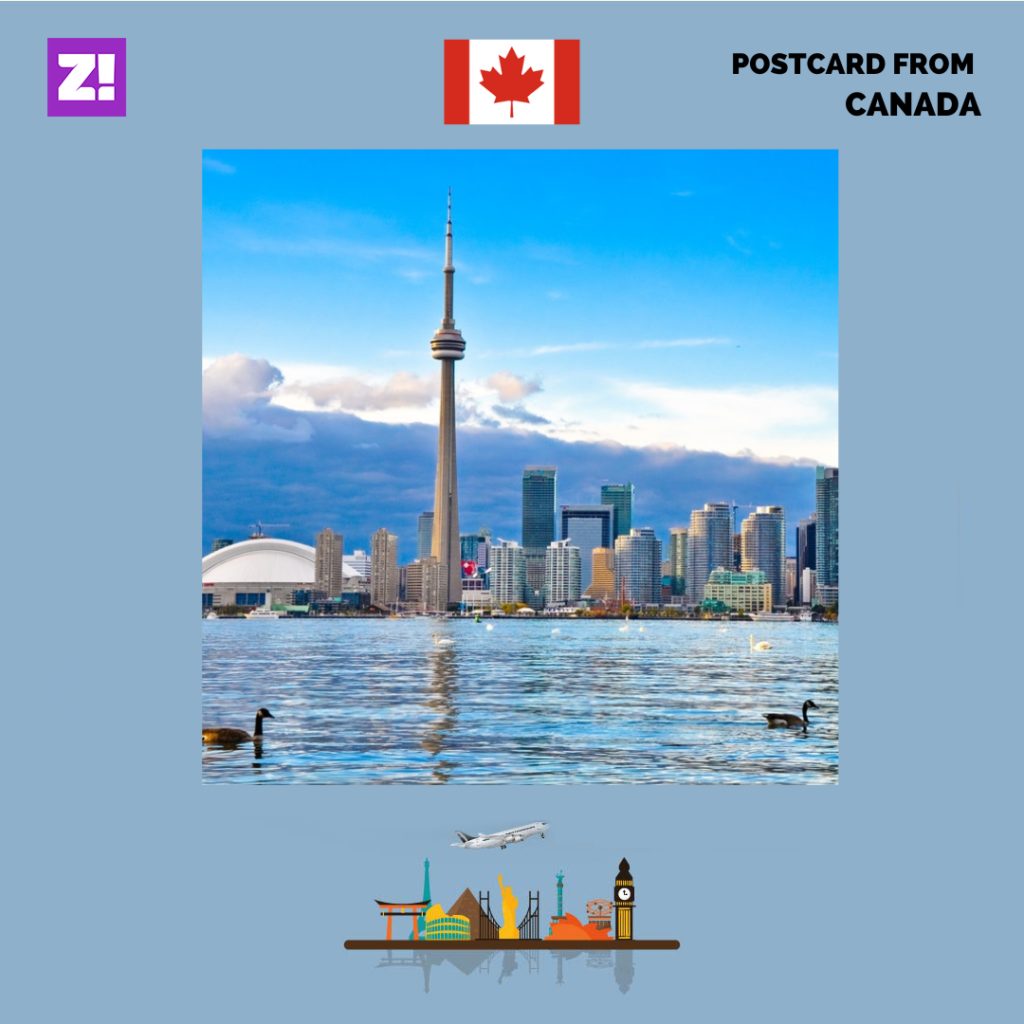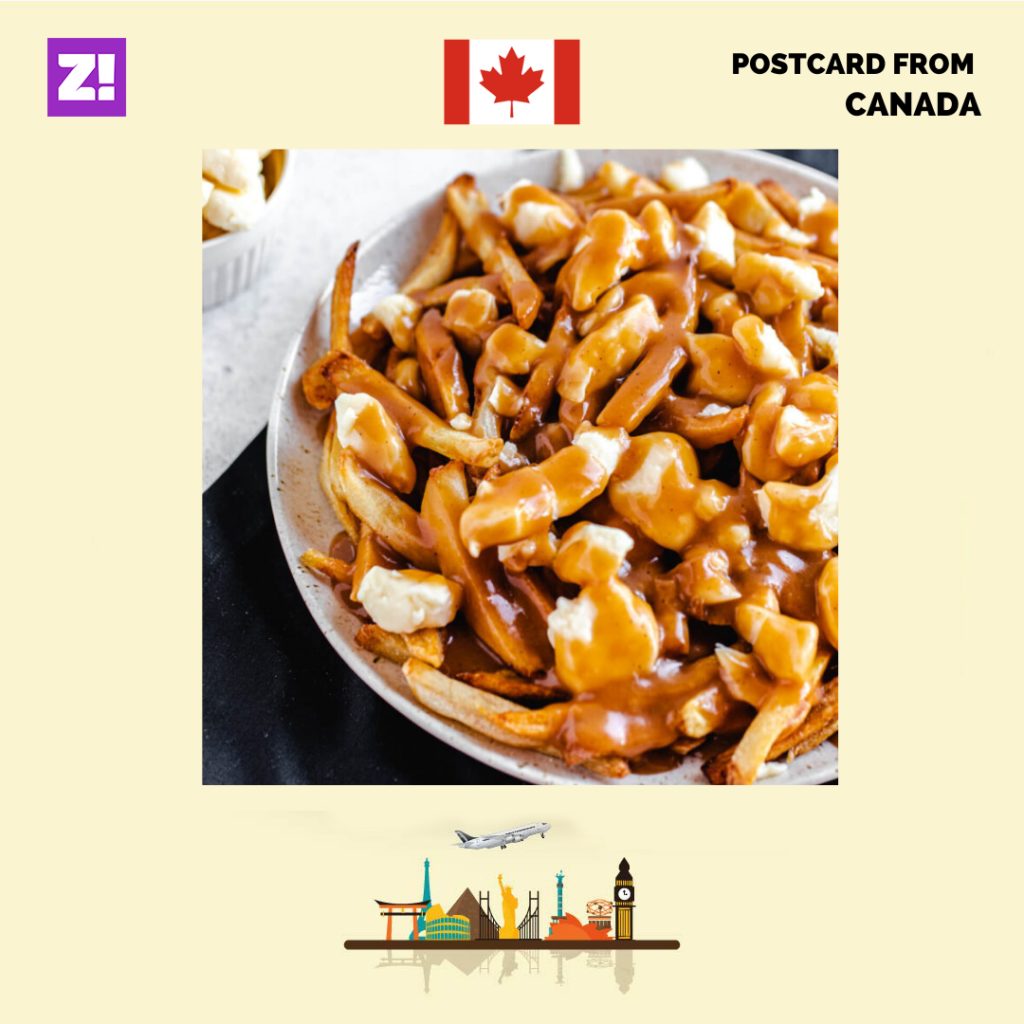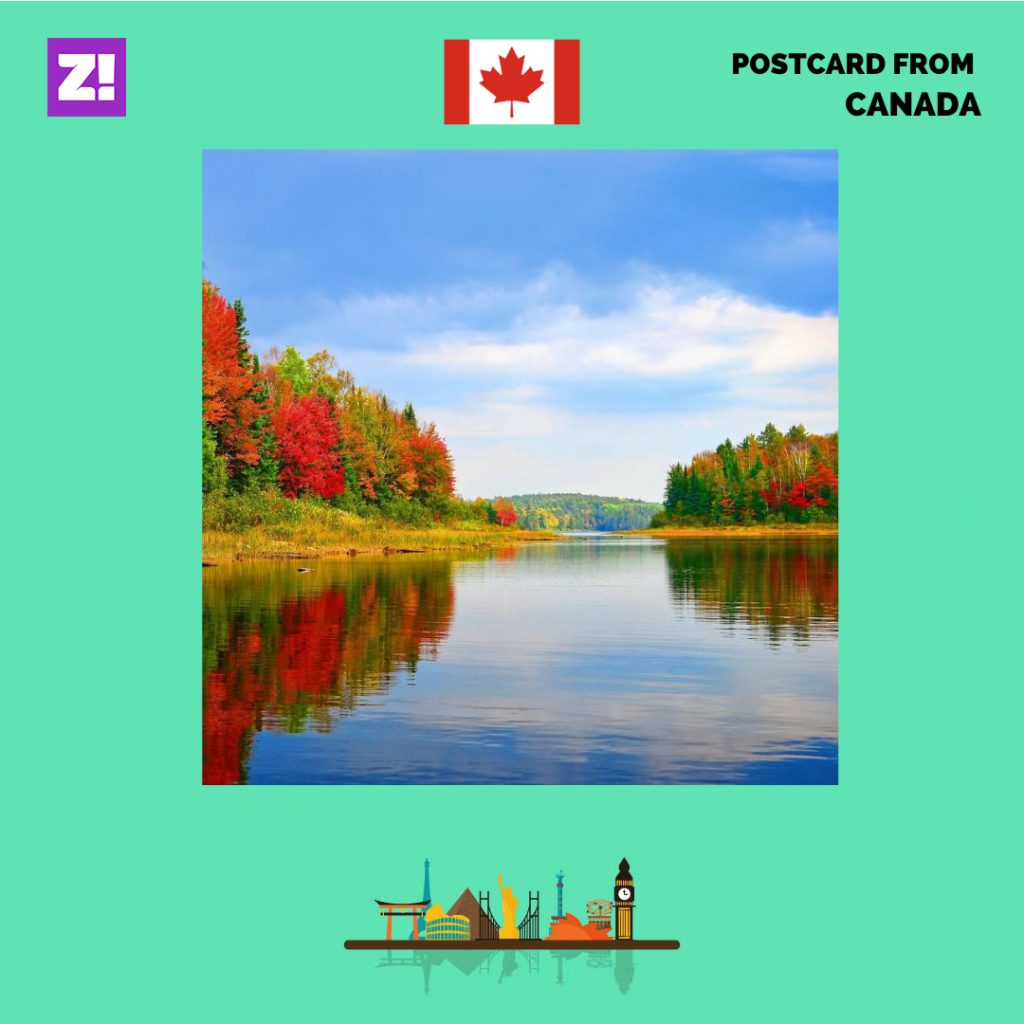The Nigerian experience is physical, emotional, and sometimes international. No one knows it better than our features on #TheAbroadLife, a series where we detail and explore Nigerian experiences while living abroad.
The subject of today’s Abroad Life is a 29-year-old woman who moved to Canada when she was 11. She talks about the sudden move, the lack of community growing up, and her biggest problem in Canada: finding love.
First things first, for how long have you been in Canada?
I moved here in 2002, when I was 11. I was just minding my business one day and the people who brought me into this earth said, “Oya pack your bags, let’s go”. It’s not like I could say “Oh no, I’m not going. I want to go and stay with my aunt in Yaba”. That’s how I found myself here.
Do you know why your family moved?
My parents had always had plans to leave, so when the opportunity came, they pursued it. I know that they were always talking about getting us a better education. That was a huge motivating factor. But I was 11 at the time, so I was still trying to figure out how life worked. I knew that in Nigeria, there was no constant electricity, and we were always in traffic, and my mum worked late a lot, so we had to stay at a family friend’s until she came to pick us at night. It was in the middle of this that Canada happened and I was happy we were going abroad. I’m grateful for what they did.
Nigeria is great but it obviously has its flaws, just like everywhere.
Have you been to Nigeria ever since?
I’ve been there a few times. Maybe 7-8 times in the past 18 years. I’d usually just come back for weddings, burials and major events.
What’s your fondest memory of Nigeria?
My fondest memory of Nigeria was always being at my dad’s office and then attending the office Christmas parties. It was always amazing, because who doesn’t like getting gifts and free food.
What was it like when you first moved to Canada?
We started living with my mum’s co-worker. After some time, we moved. I remember having to settle into a new environment and moving to a new school. There was a lot of what you would call culture shock.
What was shocking?
I remember standing outside and waiting to go into class and there was a list of all the students on the door. I know it was in grade 7, which is about JSS 1 in Nigeria, and the first problem people had was with my very Yoruba name. I became the centre of attention. I got so many questions, there was some bullying here and there, but you know, that’s what makes a strong woman today. It was awkward.
I also had to register English as a second language, although English was in fact my first language and parents had to come in and be like “she can speak English, it’s just a new environment for her. She’s a bit shy, but that doesn’t mean she can’t speak English.”
That’s interesting. When did it stop being awkward?
Not so quickly. I think it took me about six months or a year to understand how things work on this side of the world and just settle.
What about the weather?
I had not seen snow before so that was quite exciting. I remember my friends saying, “let’s take the little African girl to go and see snow. She’s never seen snow before.”
They took me to see snow for the first time. It was nice. Then I remember that my parents took me to a store and we got all kinds of winter jackets, padding and multiple layers of clothing. Getting dressed in the morning wasn’t fun and it probably took about 20 minutes to put on all the layers to avoid me from getting frostbitten. It gets quite cold here.
Did you ever have an identity problem as a Nigerian in a foreign country?
Yes I did. Growing up, apart from the one Nigerian family I knew when I moved here, I had no other Nigerian community I could relate with. In school, I was the only Nigerian. There were Ghanians, but I didn’t think it was the same thing. I had to constantly, and intentionally change the way I spoke and the things I said because a lot of people did not understand me.
There’s this time I was trying to compliment a friend and I was like “oh wow I really like your chain” and she was like “chain? What’s that?” and then I pointed to her neck and she was like “oh! You mean my necklace” and it was so confusing.
And I’d say things like “can I borrow your biro?” and my friends would ask, “Bible?”
I had to adjust, but it was just a lot to unravel at once.
For the first 6 years I did not leave Canada and having to switch friends was a disadvantage to me cause I remember going back to Nigeria and visiting my old school reunion and no one remembered me.
Wow. Are you a full citizen of Canada now?
Yes I am. It took me about three to four years. I didn’t have to do much. My mum had to write an exam for me.

What is a Nigerian reality that shapes your Canadian experience?
Power outages. It’s always like a movie when the lights go out here. Everyone thinks the world is ending but I’m just like “NEPA has taken light”. There’s also the way kids talk to their parents. The Nigerian in me sees the way people here behave as rude and spoilt, because I know that if I try any of that with my mother, she would have my head on a platter. It’s harder for Nigerians to raise their kids in the Nigerian way here. There’s the respect element, and the street smart element that comes from growing up in Nigeria, and that’s why when kids mess up, their parents always threaten to send them back to Nigeria.
What’s the thing about Canadians being extremely nice?
It’s very true. You’ll do something to a Canadian and they’ll apologise to you. Everyone just tries to get along. People apologize a lot and are very polite. We don’t like drama.
That’s crazy. Do you know why it’s that way?
I have a theory. When you go through that many months of winter and extreme cold, you’re grateful for the opportunity to finally come outside of your house and socialize and see people. People aren’t really out of their houses during winter so when everyone is out, everyone wants to be nice.
That makes so much sense.
What’s the most Canadian thing ever?
Poutine. It’s a main dish here that people just absolutely love to eat. I don’t really like it. It’s French fries, with a very generous drizzle of gravy, and melted cheese. Canadians love Poutine. There’s also some lingo for some stuff here that would probably not make sense to people in America. If I went to America and said I wanted a Double Double in a coffee shop, they would be confused. It’s coffee with two cream and two sugar, but it’s just a Canadian thing.

Haha… So you spoke about raising kids in Canada. Do you plan on doing that?
Yes. Eventually. But I’m not quite sure when. I’m hoping it happens in the next few years, but I need a husband first before I get kids, don’t I?
What’s up with getting a husband?
I saw something yesterday that said “God I’m not asking you to bring my husband right now I just need a tracking number”.
I go out, I go to church, I hang out with friends I commute to work, I go to the mall, I’m out here but I don’t really know what’s going on. It’s not easy.
What relationship experiences have you had?
I’m basically the CEO of the “God When” committee. I have never been in a relationship, so I’m not even entirely sure I can relate with what you mean when you say “experiences”. And it’s not been a choice. That’s just how it is. I wish I could put a pin on the reason it’s like this but I really can’t. I’m not a hermit; I’m actually very social. But I’m just the fun friend, and people always forget to add the “girl” in front of “friend”.
Are you looking for a Nigerian?
I’m open to anything. Nigerians, and white people are welcome. If you don’t try, you never know. I’m still very Nigerian, even though I have been here for 18 years, so a Nigerian won’t be a bad idea. I also like the Italians. They have a strong sense of family, and community, and some of the other stuff we have running on our side of the world. But honestly, I’m not trying to be picky. I can’t knock it if I haven’t tried it. Deep down though, maybe a Nigerian is the way to go.
Until then, I’ll keep living my best life, because “who men epp?”.
Ouch
Do you see yourself coming to live in Nigeria at some point?
I get people asking me this all the time. I love to visit, but after two weeks I’m like “this has been fun” so I have to go back home. You know what they say; “never say never”, but it would have to be something amazing that brings me to Nigeria and makes me stay there.

So what benefits do being a Canadian offer you that being Nigerian doesn’t.
I could go all day! A blue passport is definitely up there. Then free education, free healthcare, and constant electricity.
What does a blue passport give you?
I get to travel to almost anywhere in the world without a visa. It’s amazing. I still have my Nigerian passport and I’m grateful for it sha.
There’s also free health care. But sometimes the weather will make you question your life like “is it really worth it?”
There’s a sense of security and confidence in systems to work. Then there’s exposure to a mix of races and types of people, and that’s awesome too.
Also being in a place where things work, constant electricity as well being able to meet other people that aren’t Nigerians definitely exposes you. The government makes decisions for the betterment of things. It’s really nice here.
More Nigerians should come to Canada. 10/10 would recommend it.
Want more Abroad Life? Check in every Friday at 9 A.M. (WAT) for a new episode. Until then, read every story of the series here.




